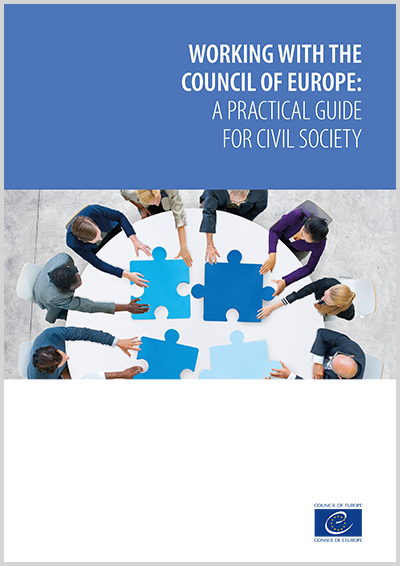Prisons and Police

The European Convention on Human Rights provides the framework for the Council of Europe’s action in this field. This is complemented by legal texts adopted by the Committee of Ministers, the case law of the European Court of Human Rights and the findings of the European Committee for the Prevention of Torture (CPT). The Court and the CPT highlight areas where member states need to act to fulfil the Council of Europe’s standards on prisons and probation, and as regards the actions of law enforcement officials.
The Council of Europe has long-standing expertise in the execution of penal sanctions and measures and has developed several key standards and legal texts in this area. The emphasis is placed on good management of prisons, maintaining humane prison conditions by ensuring proper selection and training of staff, by guaranteeing proper living standards, and considering the needs of vulnerable prisoners. Each year the Council of Europe publishes statistics on prisons and probation, as well as managing platforms for exchange of good practices, promoting the latest Council of Europe standards and organising discussions of new challenges in forums such as annual conferences of directors of prison and probation services.
The Council of Europe provides assistance to prison and probation services, police and other law enforcement bodies in areas identified as needing improvement; offering training, legislative support, policy advice and exchange of good practice. When it comes to the police, the emphasis is on human rights-based policing and on combating ill-treatment and impunity as regards law enforcement structures.
The Council of Europe currently implements projects in many member states with NGOs playing an important role in most, if not the leading role. Co-operation projects on prisons and police encourage authorities to open up their prison systems, their police and probation services to NGOs, getting them involved in the organisation of treatment programmes and activities and allowing them to assist in reintegrating prisoners back into society. For example, NGOs are involved in the system of civil monitoring boards in Turkey and some of the board members are also part of either an NGO or a trade union: they are also invited to meetings of the national preventive mechanism.



